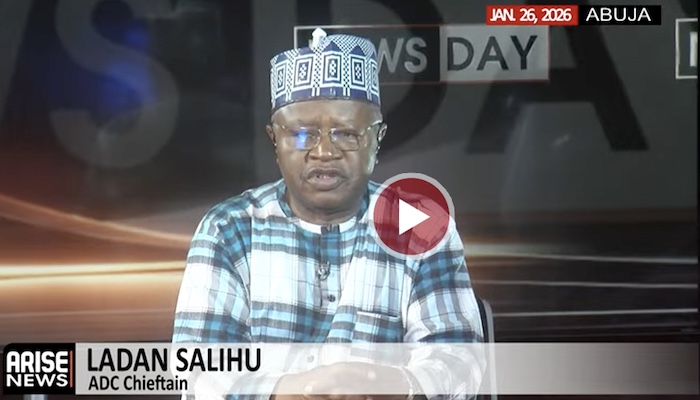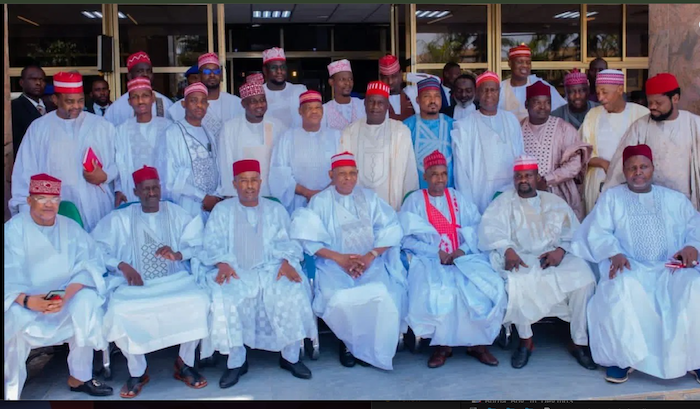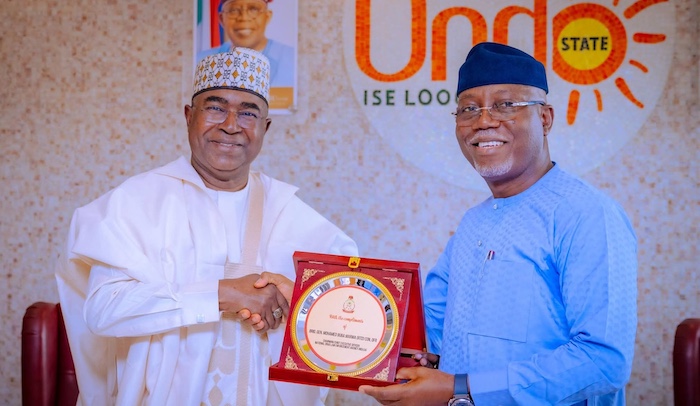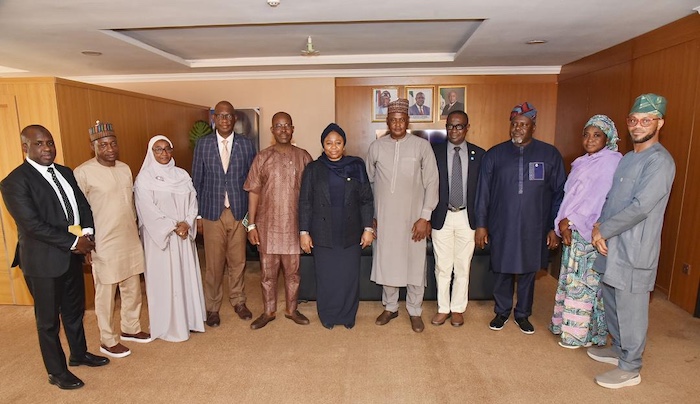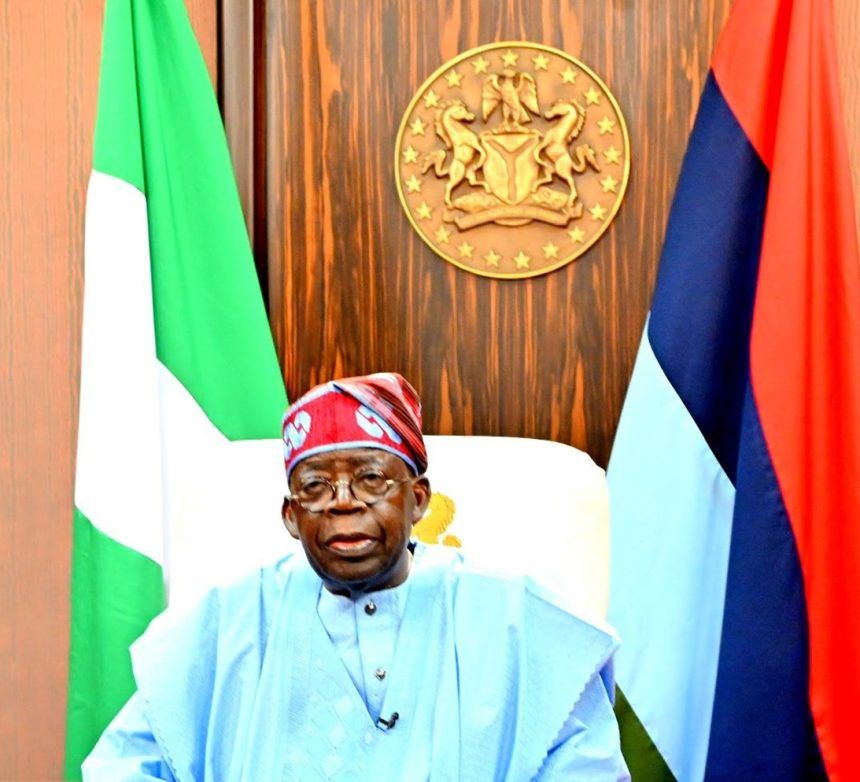
President says initiative will boost grassroots empowerment, skills development and job creation.
President Bola Tinubu has announced an ambitious plan by the Federal Government to establish 1,000 active businesses in every ward across Nigeria, a move he says is central to revitalising the local economy and expanding opportunities for small enterprises.
Nigeria has 8,809 wards, according to the Independent National Electoral Commission, meaning the plan could potentially deliver millions of new businesses nationwide.
Tinubu revealed the initiative on Friday while being represented by Vice-President Kashim Shettima at the G20 Summit in Johannesburg, South Africa, where global leaders discussed strategies for inclusive and sustainable economic development.
He commended the G20 for its commitment to addressing pressing global challenges but stressed that the current multilateral financial system is outdated and no longer suited to the complexities of the modern world.
“We are committed to establishing 1,000 active businesses in each ward in Nigeria with a clear objective of stimulating our local economy through grassroots empowerment, skills acquisition, and job creation,” he stated.
The president called for bold reforms to the international financial architecture, arguing that global institutions must evolve to better manage financial flows, resolve recurring debt crises, and support countries in the global south.
Tinubu also highlighted Nigeria’s recent policy reforms designed to attract investment and enhance the ease of doing business.
“Nigeria has in recent times demonstrated its readiness for both foreign direct and portfolio investments. This progress is driven in part by the fiscal policies introduced by the present administration,” he said.
The president praised the World Trade Organization for its efforts to facilitate fair global trade, referencing the Women Exporters in the Digital Economy Fund, launched in 2024, which offers grants and technical support to female entrepreneurs.
Tinubu warned that rising debt obligations continue to limit economic expansion for many developing countries, including Nigeria, and called on the G20 to adopt policies that prioritise sustainable growth, financial inclusion and stronger risk-management systems.
He further emphasised the need to support indigenous production, expand Africa’s export capacity and attract higher levels of foreign direct investment to the continent.
